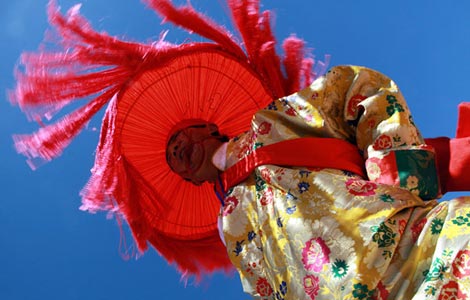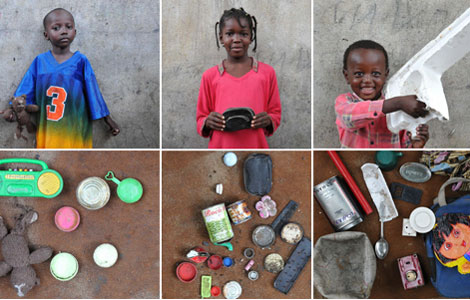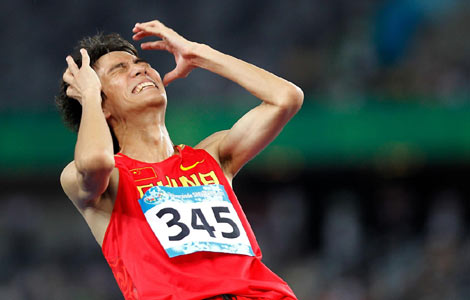About the Organizers
Updated: 2011-08-25 14:21
(chinadaily.com.cn)
|
|||||||||||
China-Africa People's Forum, the first non-governmental exchange China has co-hosted in Africa, is organized by China NGO Network for International Exchanges (CNIE) and Kenya's Non-Governmental Organizations Coordination Board.
China NGO Network for International Exchanges
Established in October 2005, China NGO Network for International Exchanges (CNIE) is a national non-profit social organization with independent legal person status.
It is mainly composed of national NGOs and personages from various social fields engaging in research and practices on peace and disarmament, social development, science and education, culture and art, medical and health care, environmental protection, democracy and human rights, policy advocacy and law, business and commerce, public welfare and charity, poverty alleviation and disability assistance as well as women and youth affairs.
CNIE has 45 member organizations (25 of them enjoy consultative status with UN ECOSOC), 26 individual council members and 1 specially invited council member.
As an NGO network engaging in promoting international exchanges and cooperation, CNIE is dedicated to widely associating NGOs and personages both home and abroad, with a view to encouraging Chinese NGOs to have more exchanges and cooperation with their counterparts in the world, so as to enhance friendship among peoples of various countries.
The Non-Governmental Organizations Co-ordination Board
The Non-Governmental Organizations Co-ordination Board simply referred to as the NGOs Co-ordination Board was established by an Act of Parliament in 1990 and commenced its business on June 15, 1992. The main reason for the creation of the Board was to streamline the registration and Co-ordination of NGOs.
The Board was formed as a result of the recognition of the important role NGOs were playing in the overall development of the country. By then, it had become apparent to the Government that, for better organization of NGO activities, a separate body, with full powers, to register and co-ordinate their activities was necessary.
The Board’s main task, from the very start has been to provide a ``one stop office for registration and co-ordination of NGOs in order to harmonize their activities with the overall Government policies and programmes. This is necessary in order to avoid unnecessary conflicts and wastage through duplication of services between NGOs, Government and the communities the NGOs serve.
The NGOs Co-ordination Board is mandated to:
• Register, coordinate and facilitate the work of national and international NGOs operating in Kenya
• Maintain a register of national and international NGOs operating in Kenya, with their precise sectors, affiliations and location of their activities
• Receive, analyze and evaluate the annual reports of NGOs
• Advise the Government on the activities of NGOs and their role in development within Kenya
Hot Topics
Anti-Gay, Giant Panda, Subway, High Speed Train, Coal Mine, High Temperature, Rainstorm, Sino-US, Oil Spill, Zhu Min
Editor's Picks

|

|

|

|

|

|







